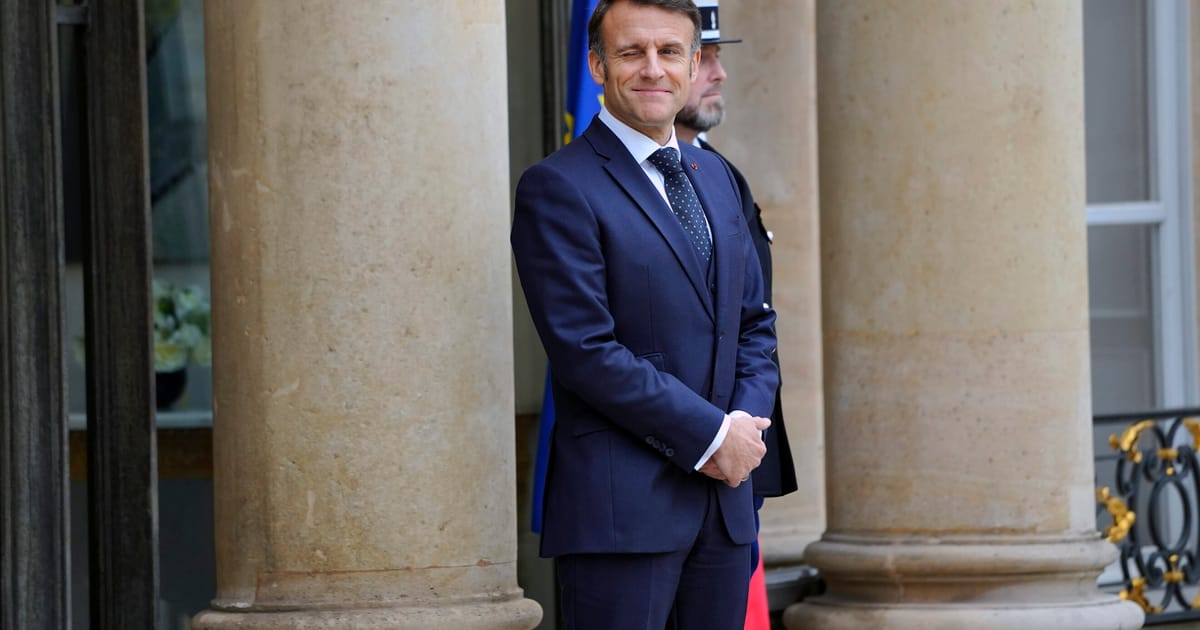

This week has observed a series of significant diplomatic movements across the globe, highlighting cross-border cooperation and discussions aimed at fostering peace and resolving complex challenges. Key figures such as Emmanuel Macron, Keir Starmer, Benjamin Netanyahu, and Donald Trump have been prominently featured in these developments, reflecting diverse approaches to international diplomacy and peace efforts.
In Europe, French President Emmanuel Macron and UK Labour leader Keir Starmer are expected to announce a joint initiative addressing the issue of small boat crossings across the English Channel. This anticipated announcement comes amidst ongoing collaborative talks aiming to enhance border security and manage migration flows effectively. The proposed plan, tentatively dubbed a “one in, one out” scheme, seeks to streamline the process of returning asylum seekers while balancing humanitarian responsibilities. Although final details are yet to be unveiled, stakeholders remain optimistic about achieving progress in managing these complex geopolitical dynamics. French and UK officials are diligently working together, underscoring a commitment to shared solutions and responsible governance.
Meanwhile, in Washington, the diplomatic spotlight shifts to the Middle East, where Israeli Prime Minister Benjamin Netanyahu and former US President Donald Trump have rekindled discussions at a White House meeting. During this meeting, Netanyahu expressed his intentions to nominate Trump for the Nobel Peace Prize, highlighting Trump’s contributions towards seeking a resolution in the longstanding Israel-Hamas conflict over Gaza. As part of the dialogue, Trump is anticipated to advocate for a ceasefire, marking a crucial step towards alleviating the humanitarian toll of a conflict that has produced substantial casualties, predominantly within the Palestinian community. This gesture reflects a collective yearning for peace and stability, despite the longstanding tensions that have characterized the region.
The discussions surrounding the Nobel Peace Prize nomination come on the heels of recent military actions, specifically the US-led strikes on Iran’s nuclear program. These events underscore the broader geopolitical challenges facing leaders as they navigate complex relationships amidst international outcry and domestic considerations. Nevertheless, Netanyahu’s endorsement of Trump’s efforts exemplifies an aspiration for peace and a recognition of multifaceted endeavors towards resolving enduring conflicts.
Indeed, this week serves as a reminder of the importance of dialogue, negotiation, and cooperation in addressing international issues. The commitments demonstrated by leaders such as Macron, Starmer, Netanyahu, and Trump illustrate a shared vision for progress, despite the diverse array of challenges and contexts each leader faces. These efforts not only signify proactive engagement in current affairs but also emphasize a commitment to long-term solutions that prioritize human dignity, peace, and cooperation.
Furthermore, these events underline the necessity of global collaboration in tackling issues that transcend borders. Whether through managing migration across the English Channel or facilitating peace talks in the Middle East, these diplomatic engagements highlight the intricate balance of regional interests and global responsibilities. The pursuit of peaceful resolutions and amicable agreements remains a cornerstone of international relations, inviting nations to align their efforts for the common good.
As we observe these developments with an open and informed perspective, it is reassuring to witness the continued efforts by world leaders to navigate the complexities of modern governance with a focus on peaceful relationships and strategic dialogues. Collectively, these initiatives reinforce the importance of diplomacy in fostering a world where cross-border cooperation, unity, and hope prevail over discord and conflict. By continuing to engage in open dialogue and collaboration, global leaders pave the way for a future characterized by peace, stability, and shared prosperity.
Source: {link}
